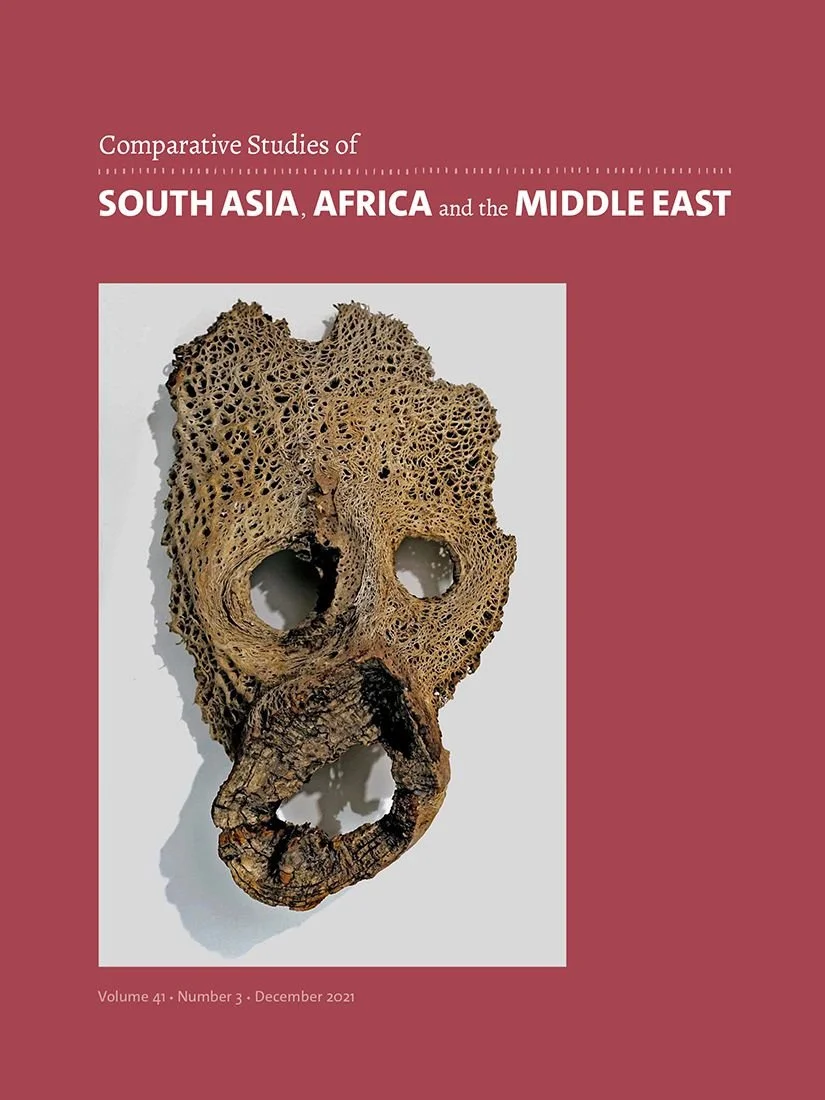The conversation that we have captured here reflects the nuanced and thought-provoking ideas and scholarship of the participants—Banu Subramaniam, Julie Livingston, Omar Dewachi, and Sunil Amrith—who all study the body and biopolitics. Their approaches range across global histories of medicine and science, anthropology, and feminist studies of science, environmental and transnational histories of migration, and studies of war and humanitarianism, but they share a broad interest in the shifting power of the state and in consequences of capitalism.
Read MoreChallenging conventional narratives of Afghanistan as a perennial war zone, and the rule of law as a secular-liberal monopoly,this book presents an account of the first Muslim-majority country to gain independence, codify its own laws, and ratify a constitution after the fall of the Ottoman Empire. If Afghanistan seems an unexpected candidate for this distinction, it is because historical approaches to Afghan law and governance before the Soviet invasion of 1979 remain few and far between. Based on archival research in six countries…
Read More
